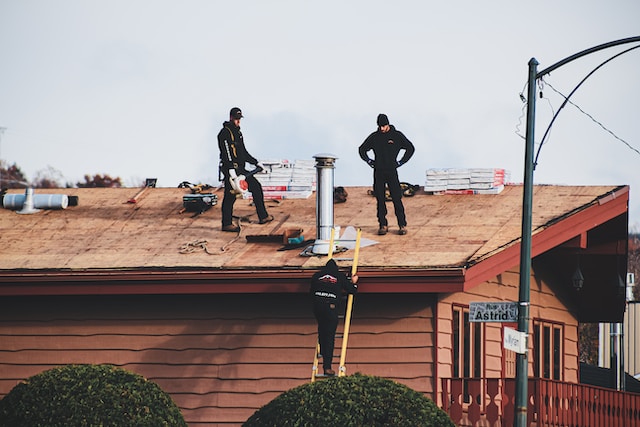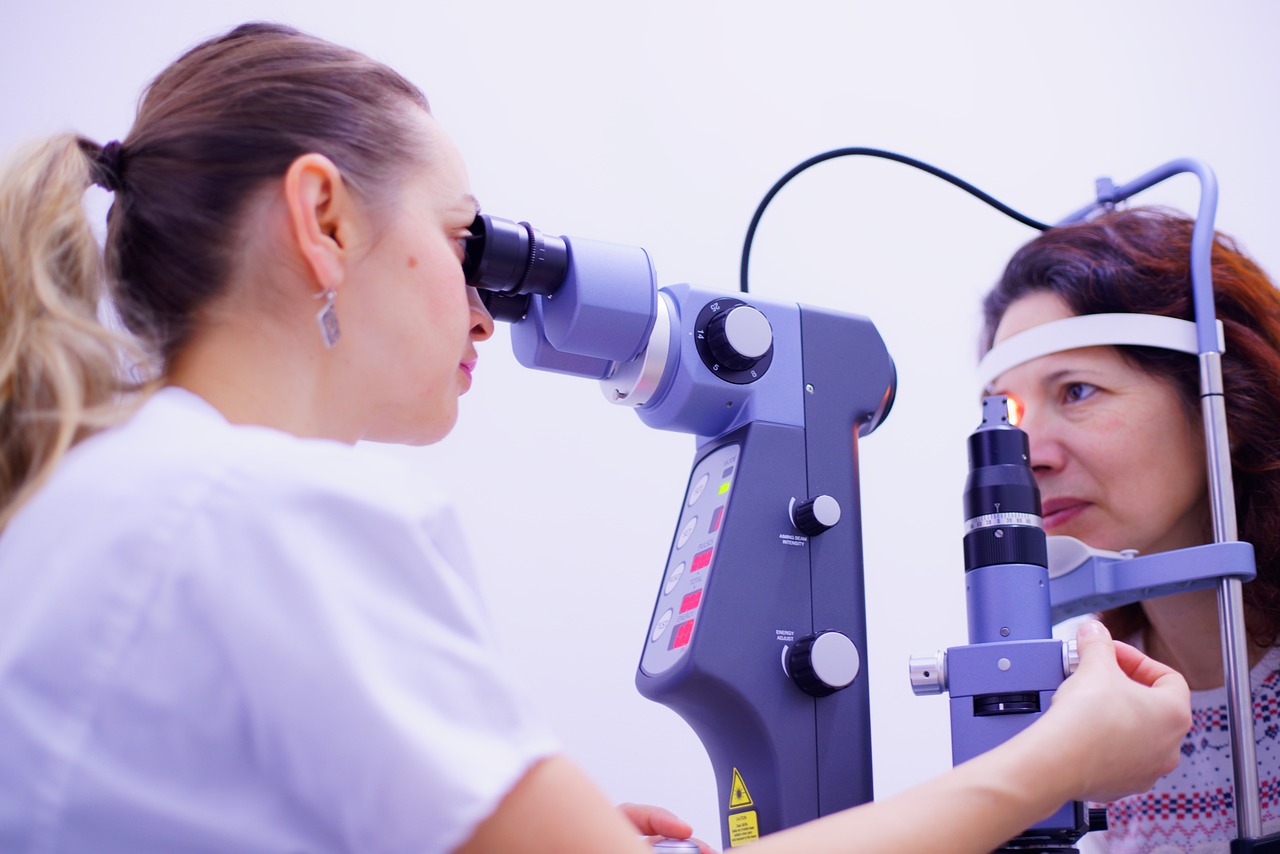Simulating Life and Death
For soldiers, being well-trained can make the difference between life and death. Not only are soldiers using individual versions of computer games to simulate real-life combat but the Defense Department is stringing together thousands of these devices building what is, in effect, a supercomputer.
PlayStation Clusters Are Supercomputers
According to the Defense Department one cluster of Playstations was recently used for high definition video processing and “neuromorphic” computing which attempts to mimic the way human beings perceive and process information. Researchers at Georgia Tech have been using PlayStation clusters for commercial aircraft monitoring and financial market risk assessment. And astrophysicists at the University of Massachusetts have used PlayStation clusters to research gravitational waves and black holes.
Using this equipment “mashup” the military runs virtually unlimited war scenarios so soldiers will not be surprised by anything in live battles. All branches of the US military are now using computer games to help members learn faster, better and more comprehensively.
Royal Navy Trains in Cramped Quarters
In the UK, the Royal Navy uses PlayStation Portables to allow sailors to study for tests in confined quarters. Sailors can easily hold and use these devices in a bunk bed in the middle of a storm and not skip a beat.
Royal Navy engineering technicians who maintain radar, sonar, VHF radio and communication systems use the devices for short time periods of between 8 to 12 minutes each day. The software was developed at the Maritime Warfare School in Hampshire. The Royal Navy spent $80,000 for 250 consoles and program development.
New Technology for a New Generation of Warriors
Use of this technology has helped improve technician knowledge and is a natural way to learn for those who are more use to computer games than cracking open the books to study which is now considered a “dull and boring” activity best left to gray-haired people. In fact, by the time computer gamers have graduated from high school they have spent and average of 22,000 hours online!







